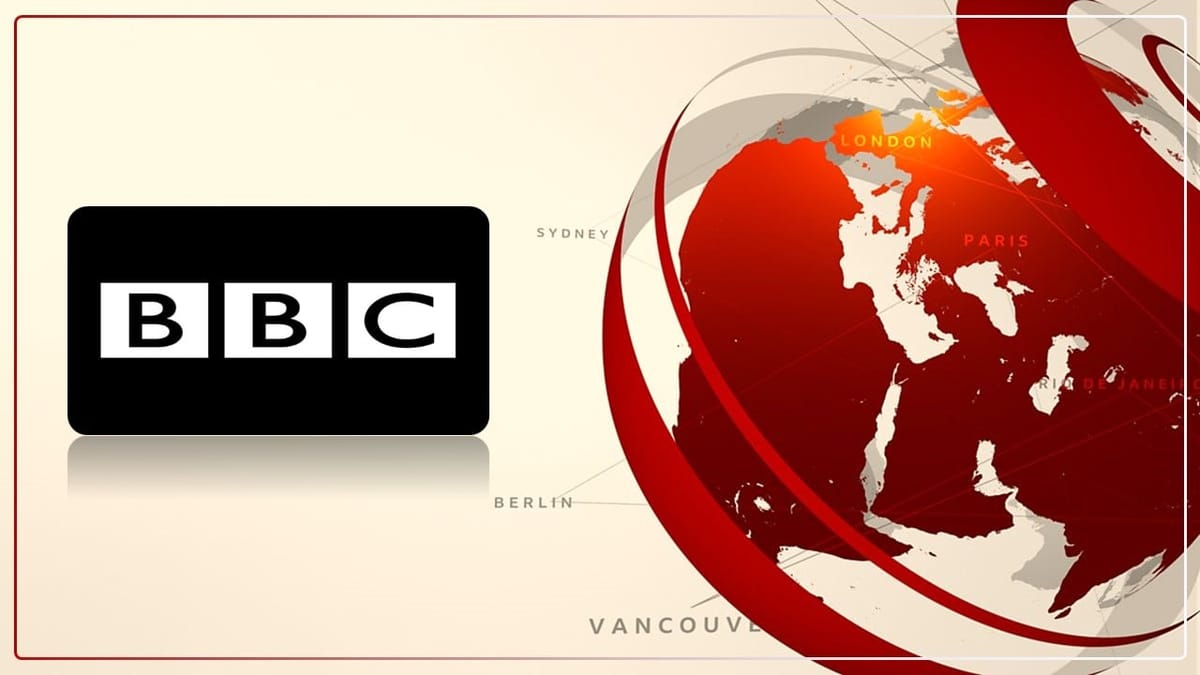The Delhi Income Tax Appellate Tribunal upheld the treatment of advertising expenses as pass-through charges, which came as a comfort to BBC India.
Reetu | Nov 16, 2023 |

ITAT rules in favour of BBC in transfer pricing case, rejects IT tax department appeals
The Delhi Income Tax Appellate Tribunal upheld the treatment of advertising expenses as pass-through charges, which came as a comfort to BBC India.
An Appellate Tribunal confirmed a ruling by the Commissioner of Income-tax (Appeals) in a two-decade-old assessment dispute involving BBC India, where the CIT (A) had found that the treatment of expenses connected to advertisement is handled as a pass-through cost.
Experts highlighted that this was a separate issue from the controversial tax evasion case in which the BBC allegedly sent an email to the Central Board of Direct Taxes (CBDT) admitting to underreporting Rs.40 crore of income in its tax returns. Teams from the Income-Tax department were at the BBC offices in New Delhi and Mumbai in mid-February this year conducting a “survey” for alleged tax fraud.
To summarise the situation, BBC India is a subsidiary of BBC Group enterprises that provides marketing support and other miscellaneous services. It was paid on a cost-plus basis, with the cost including any expenses spent in the supply of services.
During the Assessment Year (AY) 2004-05, BBC India incurred advertising expenses for purchasing ad space in newspapers. The cost was high, and the effort required to get such area was minimal.
Furthermore, the budget for these expenses was controlled by overseas group entities/related firms, and the associated enterprises bore the risk and benefit of these expenses.
As a result, because these costs were not incurred in connection with the provision of services, BBC India did not include them in its cost base for charging a markup to its connected firms, but instead sought cost reimbursement for them.
The Income Tax Department, on the other hand, regarded these charges to be part of the expenses for providing services and included them in the markup. As a result, the Tax Department requested a Transfer Pricing adjustment, which BBC India opposed before the Income Tax Department’s appeals division.
The appeal wing ruled in favour of BBC India, noting that advertising expenses for purchasing ad space in newspapers were not incurred for the purpose of providing services. As a result, reimbursement of such costs with no markup satisfied the arm’s length standard.
Despite this, the Tax Department disagreed with the appeals wing and filed an appeal with the Appellate Tribunal. In its decision, the Tribunal acknowledged the conclusions of the appeals wing as well as BBC India’s claim, deciding in favour of BBC India.
The Tribunal saw advertising expenses as pass-through costs that should not be included in the cost base for charging a markup. It was noted in the inter-company agreement that the activities for which the Indian entity was required to deliver services to its linked firms were specified.
The Tribunal underlined that advertising expenses involved high costs and minimum effort to purchase ad space, and that these costs were treated as pass-through, while all other costs were deemed part of the cost base and subject to markup.
It is vital to stress that this is unrelated to the February search operation at BBC India.
According to experts, BBC’s triumph may set a precedent for several other global corporations to follow a similar method for commercials.
In case of any Doubt regarding Membership you can mail us at [email protected]
Join Studycafe's WhatsApp Group or Telegram Channel for Latest Updates on Government Job, Sarkari Naukri, Private Jobs, Income Tax, GST, Companies Act, Judgements and CA, CS, ICWA, and MUCH MORE!"